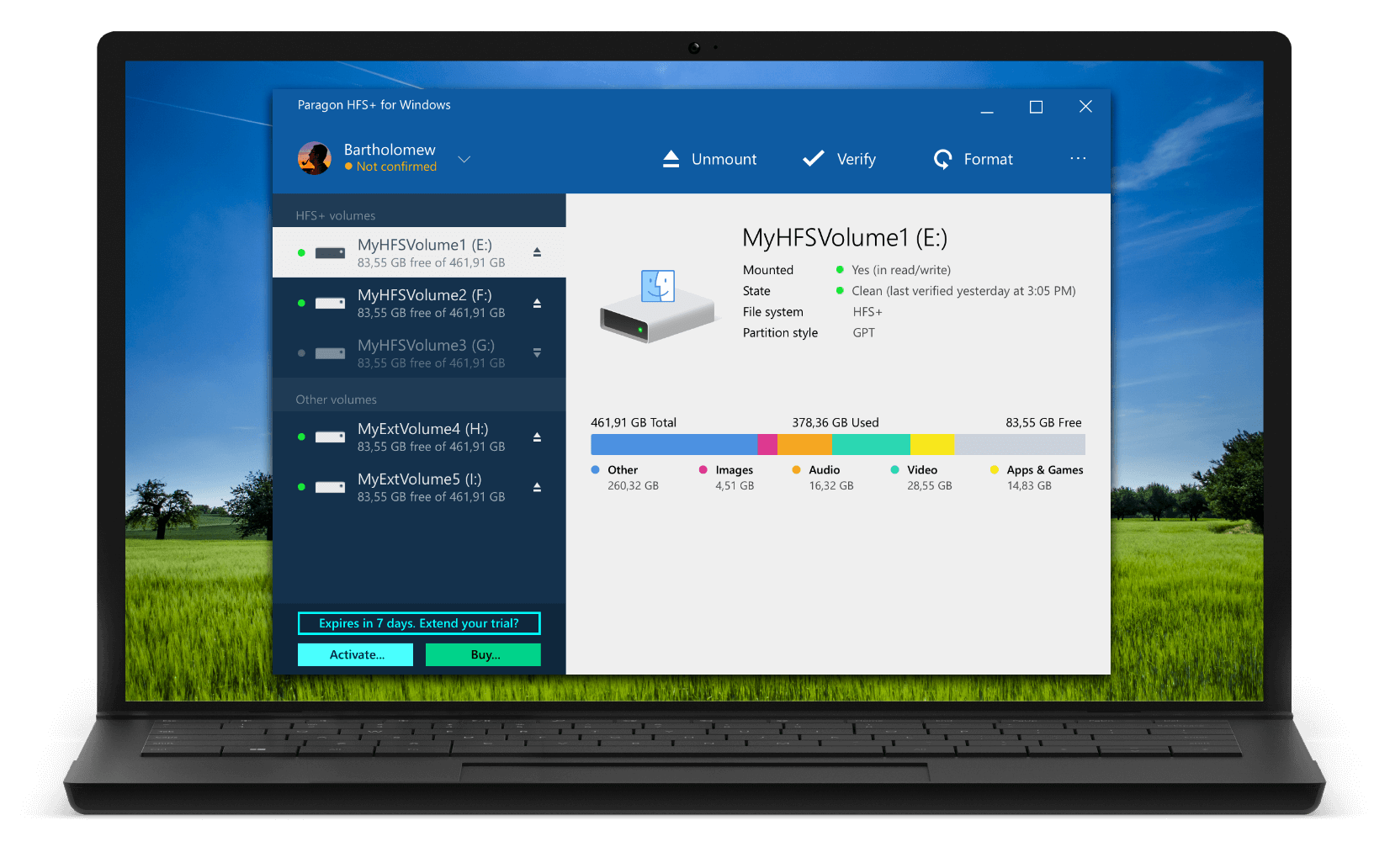

:) What is a file system?Ī file system defines how files are named, stored, and retrieved from a storage device.Įvery time you open a file on your computer or smart device, your operating system uses its file system internally to load it from the storage device. But I'll sneak into the lower-level concepts as well, as long as it doesn't get boring. This post is meant to be a high-level overview of file systems. That's why I decided to write an article about it. Which was annoying, because I had to write an object store.It's a bit tricky to explain what exactly a file system is in just one sentence. Unfortunately, none of this stuff is done well by existing database systems. * controlled values (in our case by linking to other items wherever possible) * shallow hierarchy for noting relationships (eg "parent company") In my experience of working with people building complex information applications, you need: If you allow users to describe items in the way which makes sense to them, and then search and browse by any of the terms they've used, then you've eliminated almost all the frustrations of a file system. People think in terms of hierarchies - it's just that they think in terms of multiple hierarchies and an item will almost always belong in more than one place in those hierarchies. However, hierarchy itself is still incredibly valuable.


The key observation which prompted this was that hierarchical file systems didn't work well for organising information within an organisation. I've spent the last 3.5 years building a platform for "information applications". Reality/information is much more diverse & evolving than any predefined categories. on the left side: and then Ferrari competition in Maranello (yeah:) even if I don't like cars ) and there their CTO explained to my surprise "forget about any hierarchy or classification tree in our File Systems, we just search!". Finally couple years ago, in the same week, I visited the Government of Israel which said "we just need clustering" eg. Then more people in the organizations (government or corp.) said yes those 2 approaches (automatic "on the fly" clustering vs human generated taxonomies) are complimentary.
HFS FILE SYSTEM EDU PRO
In the beginning we always had the "Librarians", pro categorization & classification, dismissing the interest of Clustering (or maybe they were justifying their job). I was part of Vivisimo (spin off from CMU) which created a "clustering engine". This awareness I saw it growing at Enterprise Search Customers/prospects from early 2000's on. Another according to their capital coordinates, and so on. Then you could have another directory according to the extension in squared kilometers. Imagine if you study countries according to their population, so you create a hierarchy "most populated", "less populated", "no populated at all", then inside most populated you have "the most populated", "the less populated", and so on. With computers you could create multiple directories trees with links instead of data, so I don't need to multiply the data each new tree. We need to organize information and in the real world we are constrained, but with computers we are not.Į.g if I need to organize my books, I could move it only to a given position, not another one, I could add labels to my books like "history", or "Initials of the author", but I could only group one way, like all my science papers on one place, if I want to group all the books that talk about sex, or crime, I will have to destroy the other group. Maybe we need a hierarchical system that is dynamic.


 0 kommentar(er)
0 kommentar(er)
